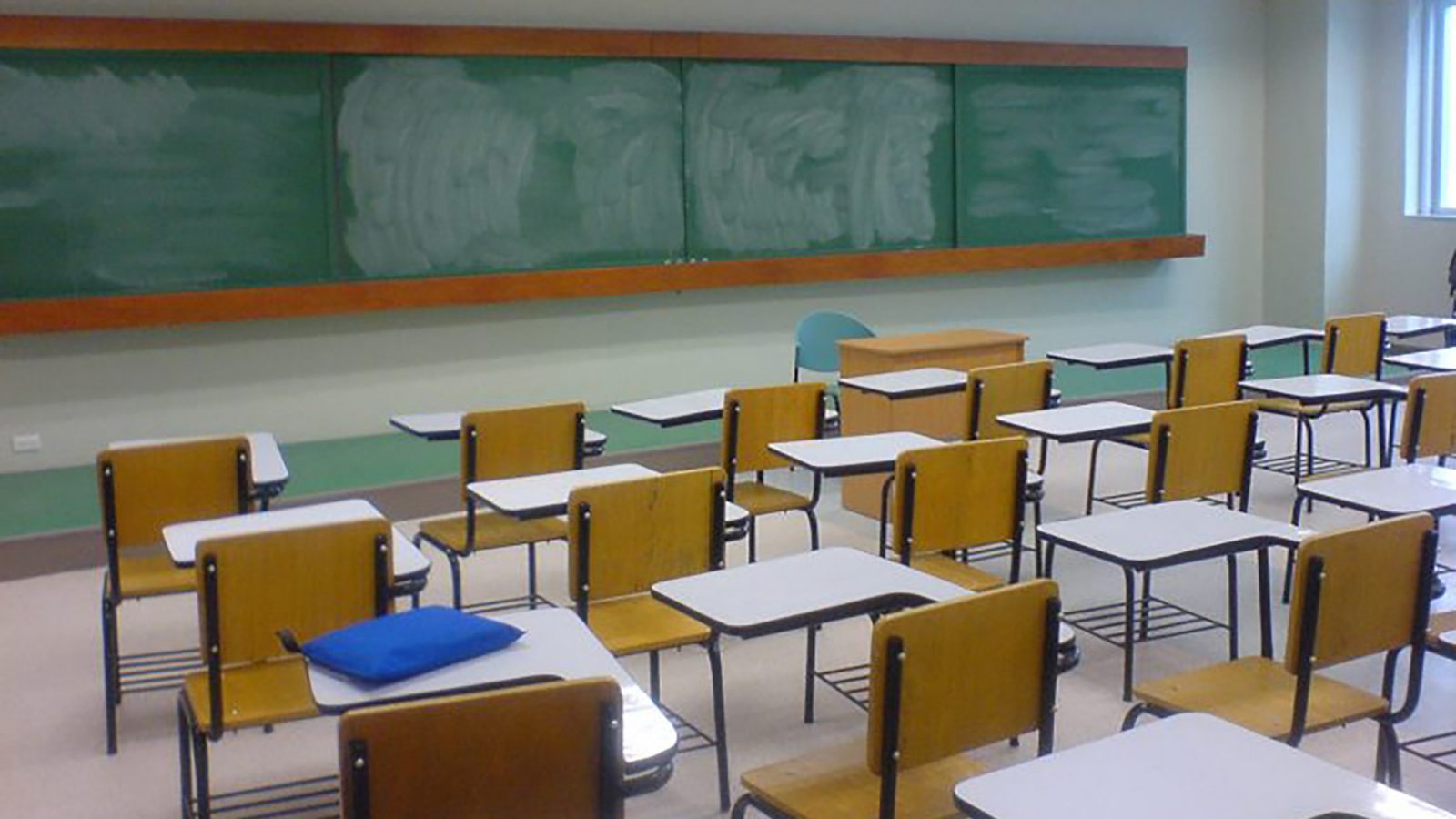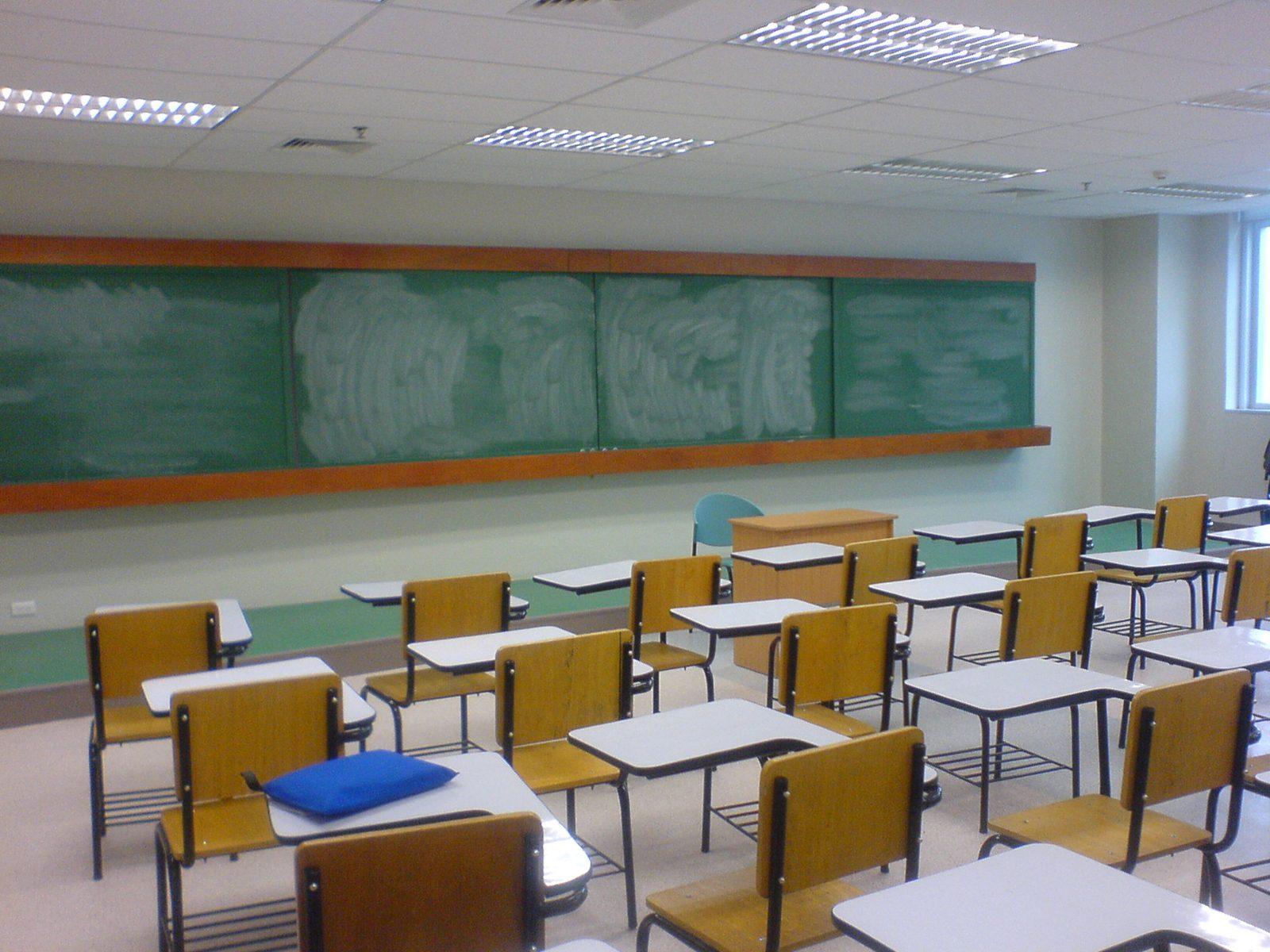
By Chloe Liu and Angela Yang
Instructors who attended a Faculty Council meeting Tuesday said President Robert Brown made it clear faculty would not be informed when a student in one of their classes tests positive for COVID-19. But Boston University stated Friday the policy is ultimately not yet final.
A Daily Free Press article published Thursday night included sources that contradicted the official University statement obtained that morning.
“BU has not reached a final decision on whether they will notify faculty regardless or only when they are considered close contacts,” BU spokesperson Colin Riley had written. “President Brown said that this was still under consideration during the Faculty Council meeting.”
Riley emailed the DFP Friday morning to request changes, citing inaccuracy in the headline that read, “Here’s why BU plans not to notify faculty when students test positive for COVID-19,” and the tweet, “President Robert Brown was ‘very clear’ during Tuesday’s Faculty Council meeting that faculty wouldn’t be notified if their students test positive for COVID-19, according to one professor who attended, but Thursday’s meeting suggested a potential reapproach.”
Instead of issuing a correction reliant on the word of the University, the DFP replaced the article temporarily with a notice stating it would seek more sources to confirm or deny the story.
Multiple comments from email exchanges between Faculty Council members confirmed Brown’s apparent stance on Tuesday, along with notes from the meeting. All information was forwarded to the DFP under the condition of anonymity.
One instructor on the council wrote in an email that members who aren’t tenured may fear retaliation if they reveal meeting information, as their “concern is less about losing a seat on the Faculty Council, but losing their job.”
Riley responded to a request for further comment Friday evening, writing, “Let me reaffirm… that the University has not reached a final decision on whether they will notify faculty regardless, or only when they are considered close contacts. President Brown said this is still under consideration.”
In a follow-up conversation, Riley said he was not present at Tuesday’s meeting. He said, however, that he received a call Friday morning which confirmed through Brown himself that the policy is not definitive.
Meeting notes from Tuesday stated that faculty will have aggregate data but will not be notified if a student in their classroom tests positive “because there are no close contacts in classrooms.”
The notes stated that “essentially, with the way that classrooms have been de-densified the goal is that close contacts between students are eliminated,” and that only a student’s close contacts will be affected if that student tests positive.
“Within the context of contact tracing there is not really a need to know,” Brown said, according to the notes.
University administrators brought up this policy in response to questions about contact tracing procedures, which were heavily discussed among faculty, according to a member of the Faculty Council who asked to remain anonymous.
During the meeting, Brown and his team answered questions from the council members and discussed issues such as classroom ventilation, mask-wearing and threshold plans.
Multiple Faculty Council sources said Brown compared a classroom to a grocery store, questioning whether one should be notified if someone at a grocery store they visit has tested positive.
One of the members present at the meeting wrote in an email they felt it was a “comparison that seemed problematic.”
According to multiple council members, Student Health Services director Judy Platt said during the meeting that because students in classrooms should be six feet apart, their chance of being a close contact should be eliminated.
Meeting notes showed she then said the possibility may not be zero, but that the University is taking steps to lower the risk.
Platt wrote in an email to The Daily Free Press that students in the same classroom who have been “appropriately distanced” — wearing a face covering and maintaining six-foot distances — would not be considered close contacts.
“With strict mask wearing, physical distancing, regular hand hygiene, routine testing, and avoidance of coming to class when not feeling well,” Platt wrote, “the risk of transmission should be relatively low among those in the classroom.”
This was the initial justification given by the University regarding why a faculty member would not need to know if a student of theirs tested positive for COVID-19. The U.S. Health Insurance Portability and Accountability Act was briefly mentioned during another Faculty Council meeting Thursday, but was not heavily addressed by Brown on Tuesday, a source said.
HIPAA ensures patient privacy, meaning that individual names of students who test positive will not be revealed to instructors. Under current policies, however, instructors would not receive any notification that a student from their class tested positive.
Provost Jean Morrison told the council Thursday it could be possible to discover a way to notify faculty without violating HIPAA, according to the source.
Riley wrote in an email Thursday that the University is currently working with health experts to determine the best courses of action. Per public health protocols, faculty would only be notified if they are considered close contacts.
While Thursday’s meeting suggested a potential reapproach, one anonymous Faculty Council source said that on Tuesday, Brown was “very clear” about not notifying faculty if their students test positive.
“There was no ambiguity,” the source said. “[Brown’s] position was there is no need to know, period. There was no ‘we’re going to rethink this.’”
Council member Sean Desilets said in an interview that when Brown informed the group of the policy on Tuesday, faculty “pushed back pretty hard.” At that point, however, Desilets said he detected hints of fluidity in Brown’s response.
“It sounded to me like he was trying to end the line of questioning he was being subject to,” Desilets said. “And so, he said something that I would describe as ambiguous about that.”
Still, Desilets said the “only assertive thing” discussed in Tuesday’s meeting was the University’s logic regarding not notifying faculty members of positive COVID-19 cases from their classes.
Conversations during the meeting also covered the University’s current mask policy, which, according to meeting notes, is still under review. Faculty discussed the effectiveness of various types of cloth masks.
The University has been “very open to answering questions from Faculty Council members,” the source said.
“In a lot of faculty discussions, there’s been a lot of criticism of the administration for not having answers to questions,” the source said. “But at the same time, I think we have to appreciate that everything is moving so quickly.”
The administration has also created many previously unscheduled meetings, the source said, to provide council members more opportunities to ask questions.
But the University hasn’t yet addressed all the concerns that have been put forward by faculty and staff. The open letter written by two associate professors in BU’s Philosophy Department, the source said, has not received a response.
Associate Professor Daniel Star, one of the letter’s authors, has been vocal about the University’s plans for reopening since early June. He started a blog in late June to address faculty concerns, entitled “With All Due Caution.”
Star said new research shows that a six-foot distance between people isn’t enough indoors, especially in poorly-ventilated spaces.
“I think the University needs to revise its contact-tracing policy in line with the most recent scientific evidence,” Star said. “There’s a growing consensus on this.”
With less than three weeks until classes begin, Star said he believes the University most likely will not turn toward a fully remote model as of now. He said the immediate focus for the administration should be to make the learning environment as safe as possible for those who are on campus.
“I think that there’s still a serious risk of BU transitioning to online during the semester because of high infection numbers,” Star said. “But if the University wants to lower that risk, it should be doing many things.”
Star proposed several ideas publicly outside the council meeting that he believes will further protect the campus from coronavirus spread, such as providing instructors with devices to test carbon dioxide levels in classrooms.
Joseph Rezek, an associate English professor, wrote in an email that the length at which some classes run — up to three hours — in potentially inadequately ventilated buildings, is worrying.
“Obviously never violate anyone’s privacy,” Rezek wrote. “But instructors at BU aren’t being given a choice about teaching in person (only exemptions by petition), and they deserve to know if someone they share a classroom with is positive.”
While Rezek will not be teaching in the Fall, he expressed his concern on social media for “the community spread at BU and in the Boston area.” He wrote he believes BU should go remote this semester while accepting unique exceptions.
CORRECTION: A previous version of this article incorrectly stated that personal meeting notes from the Aug. 11 Faculty Council meeting were the meeting minutes. The article has been updated to reflect this change.





























































































































